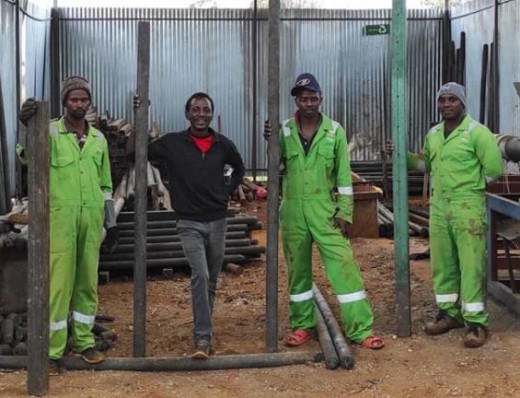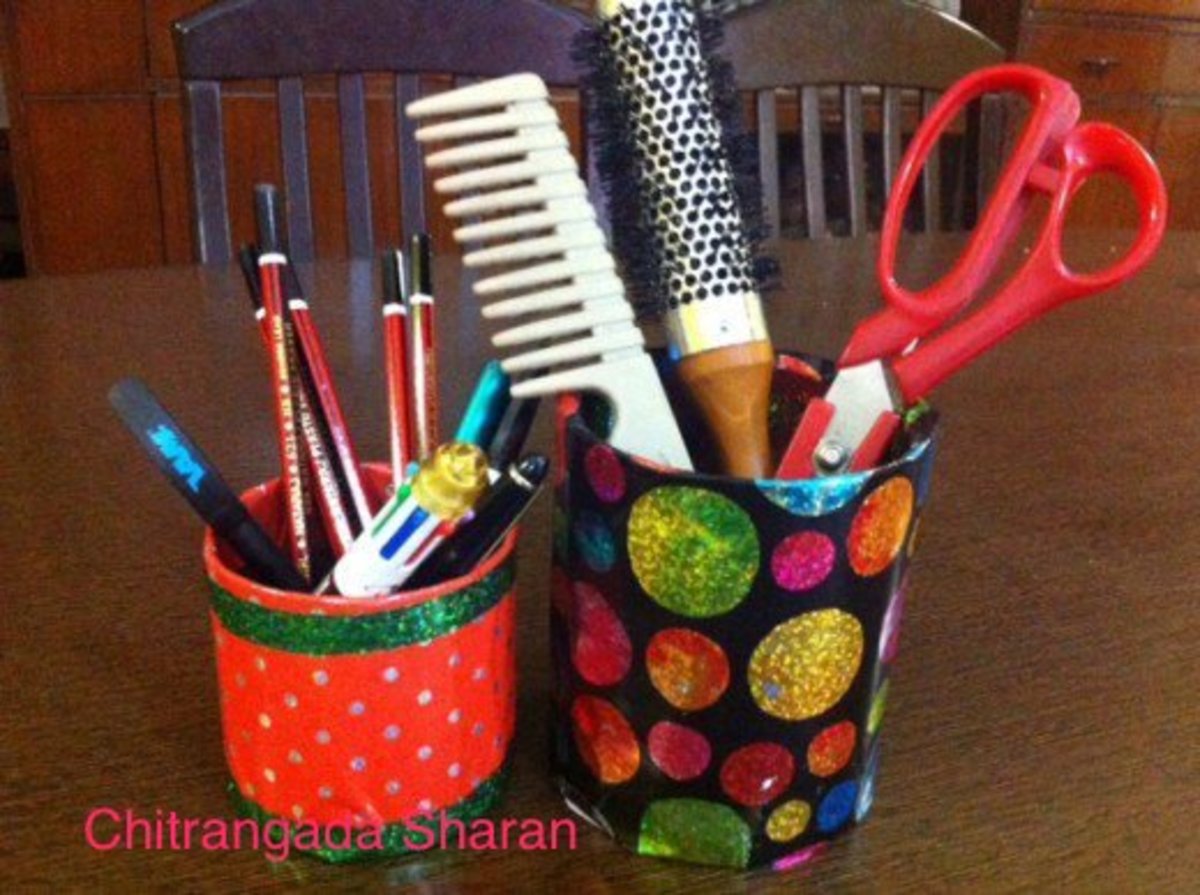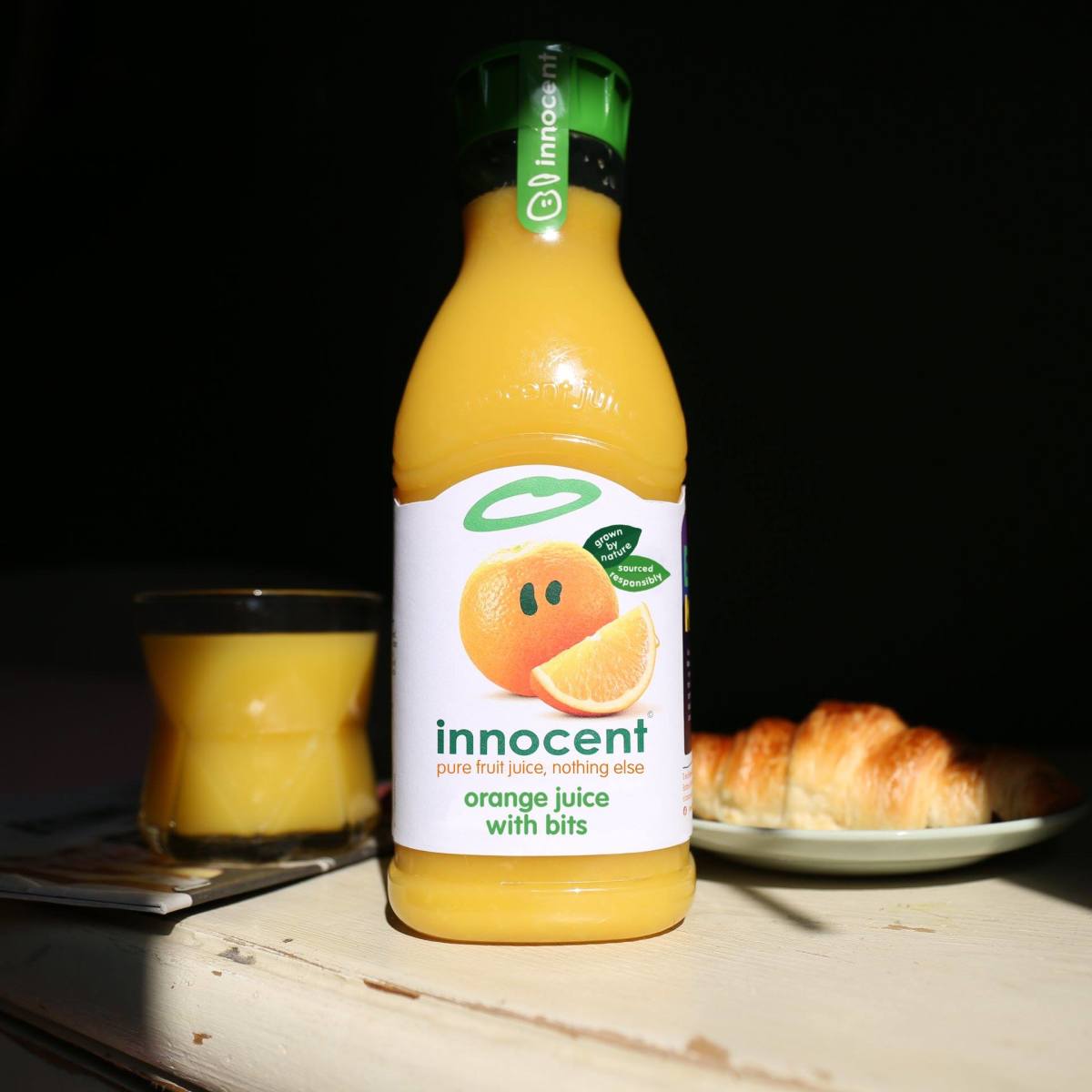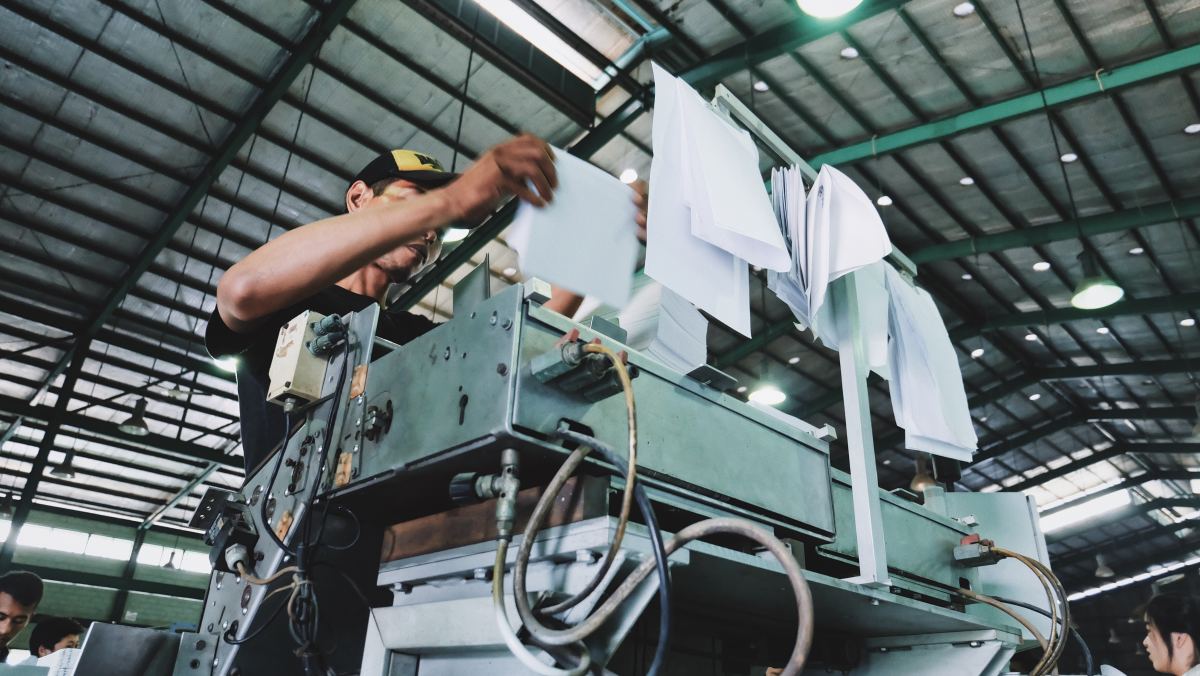Mugo Macharia- How I Started Making Plastic Poles out of Waste Materials and Earning Good Money out Them

When you walk into Noma Green Plastics, the rhythmic hum of machinery and the sight of sorted plastic waste ready for recycling tell a powerful story — one of innovation, resilience, and purpose. At the heart of it all is Mugo Macharia, a visionary entrepreneur who decided to turn the country’s plastic menace into a sustainable business.
“I came from a background in advertising where my work revolved around pushing people to buy products,” Mugo says with a reflective smile. “But at some point, I had a change of heart. I realized I was contributing to the very consumerism culture that fuels environmental degradation. I wanted to reverse that — to create something that would do good instead.”
That moment of realization became the seed that birthed Noma Green Plastics, a social enterprise founded in 2019 and officially registered a year later. Mugo and his business partner began researching how to convert waste plastic into durable fencing poles — a concept that would later transform their lives and the communities around them.
“We spent much of 2019 doing research and development,” he explains. “By 2021, we were confident enough in our product to take it to market.”
The company operates under the inspiring tagline “Plastic for Good”, a phrase that Mugo says captures their threefold mission. “First, we take plastic waste from the environment and recycle it into products that reduce the waste menace,” he explains. “Secondly, our products — such as fencing poles — are long-lasting, which means they serve ‘for good.’ And finally, our work is about people; we provide employment and collaborate with community-based organizations to uplift young people engaged in waste collection.”
Of Noma Green Plastics’ 12 employees, eight are under the age of 25 — a testament to the company’s focus on empowering youth and offering sustainable livelihoods. “Plastic for good is the heart of our business,” Mugo says firmly.
Since its humble beginnings, the company’s growth has been remarkable. “We started with just two employees and were producing about 20 poles a week,” Mugo recalls. “Today, we’ve grown to 12 employees and manufacture around 120 poles a day. We recycle between 35 and 40 tonnes of waste every month — and our capacity can go even higher.”
The products have found a ready market among farmers, homeowners, and land investors seeking sustainable fencing options. “Our clients come to us because they’re looking for solutions to common fencing problems,” Mugo says. “Our poles are termite-proof, rot-resistant, and can last over 50 years. They also don’t get vandalized for firewood or scrap, which makes them ideal even for signage companies.”
Despite the success, challenges remain. The biggest, Mugo says, is distribution. “There’s a growing demand across the country, but transportation costs are prohibitive for many customers,” he explains. “We’re working on building distribution networks that will make our products more accessible without inflating the prices.”
Beyond profit, Mugo’s work has an unmistakably environmental impact. He emphasizes that plastic waste remains one of the major causes of urban flooding in Kenya. “When plastic clogs drainage systems, the effects are devastating,” he says. “By recycling it into useful products, we’re not just creating business; we’re solving an environmental crisis.”
His message to Kenyans is clear: adopt sustainable alternatives. “Using recycled plastic poles instead of wood helps conserve our forests,” he says. “We’re a local company offering local solutions, and every pole we sell helps someone earn a living from waste.”
Looking ahead, Mugo envisions expanding Noma Green Plastics through partnerships and diversification. “We plan to broaden our product line and reach more Kenyans with better alternatives for construction and infrastructure,” he says.
As the interview winds down, Mugo leaves a lasting thought — one that captures both his philosophy and his purpose. “Waste is a personal responsibility,” he says. “We can’t keep waiting for someone else to fix the problem. Plastic is not the enemy; wastefulness is.”
In a country grappling with plastic pollution and deforestation, Mugo Macharia’s journey stands as a reminder that sustainability and entrepreneurship can go hand in hand. What began as a small recycling idea in 2019 has grown into a movement — turning waste into wealth, one pole at a time.








